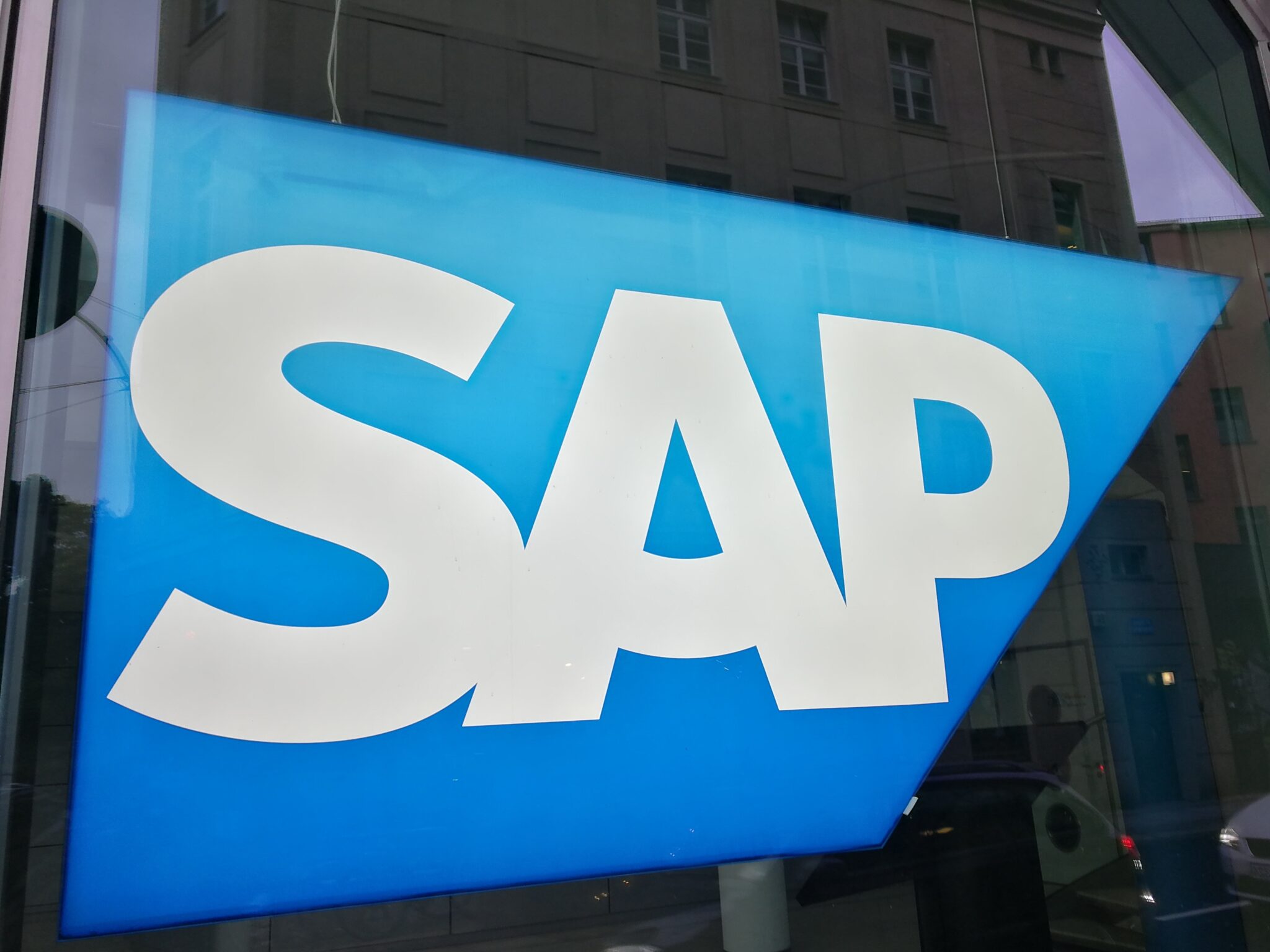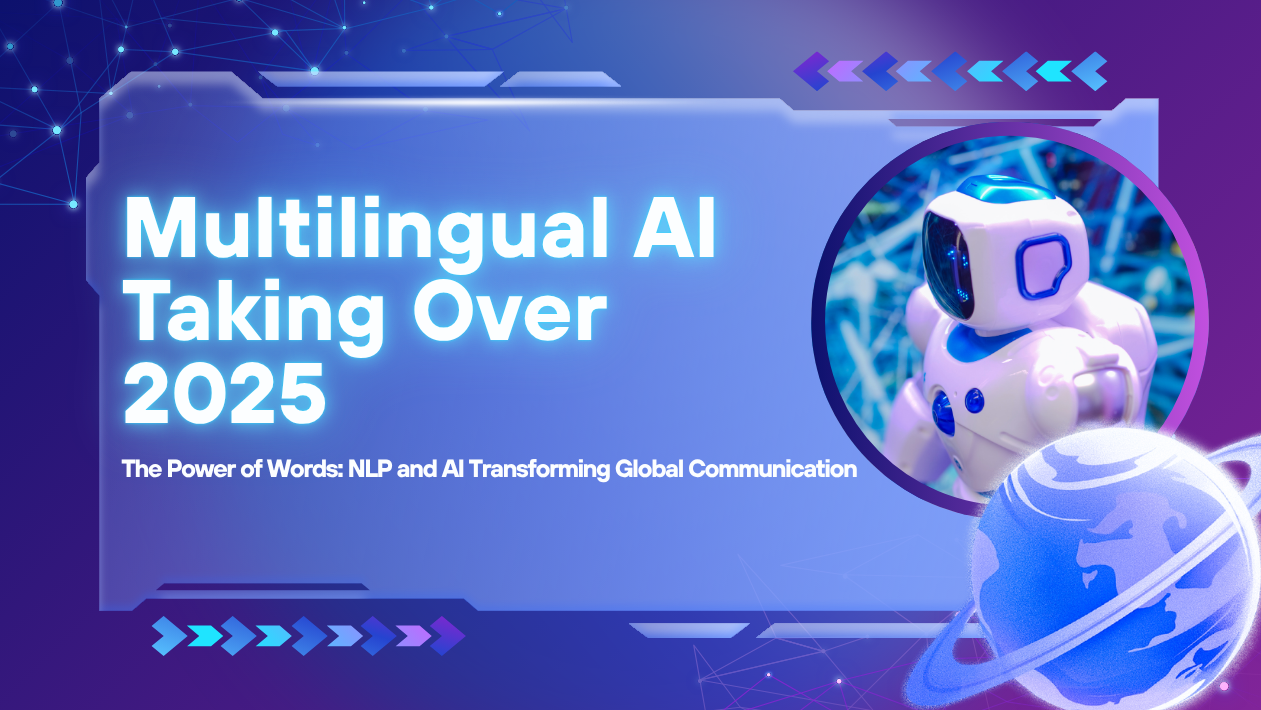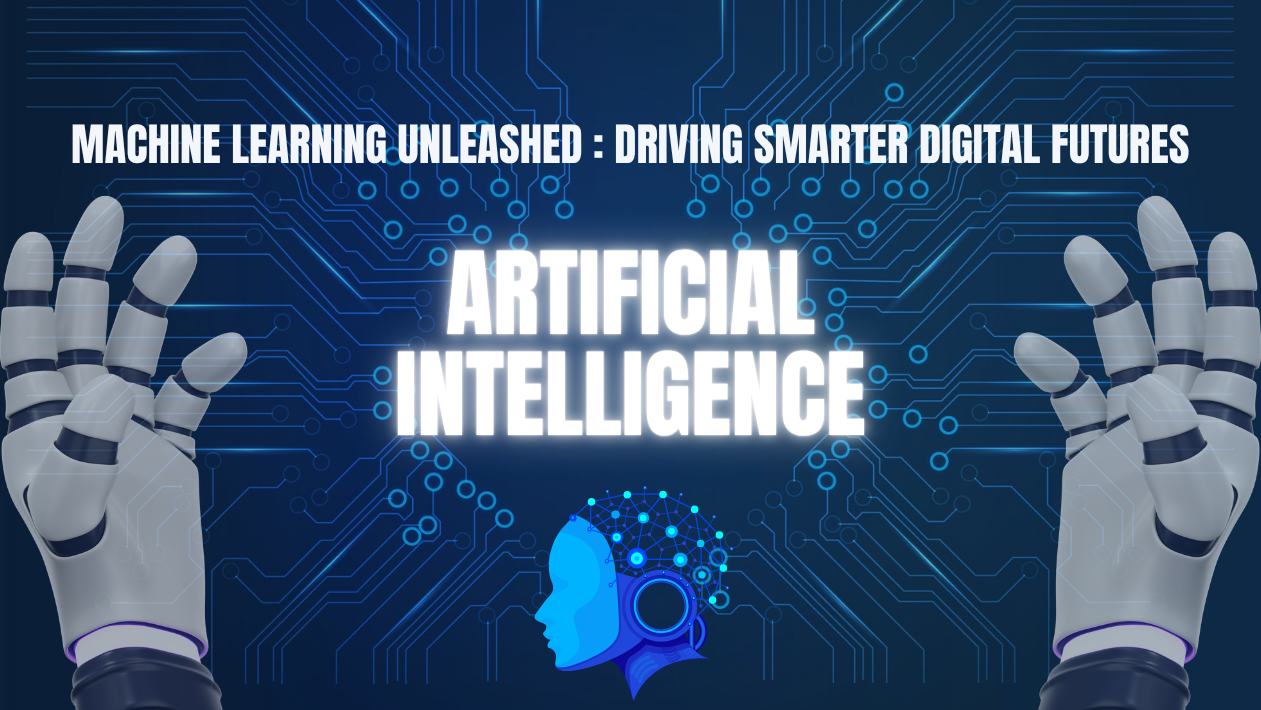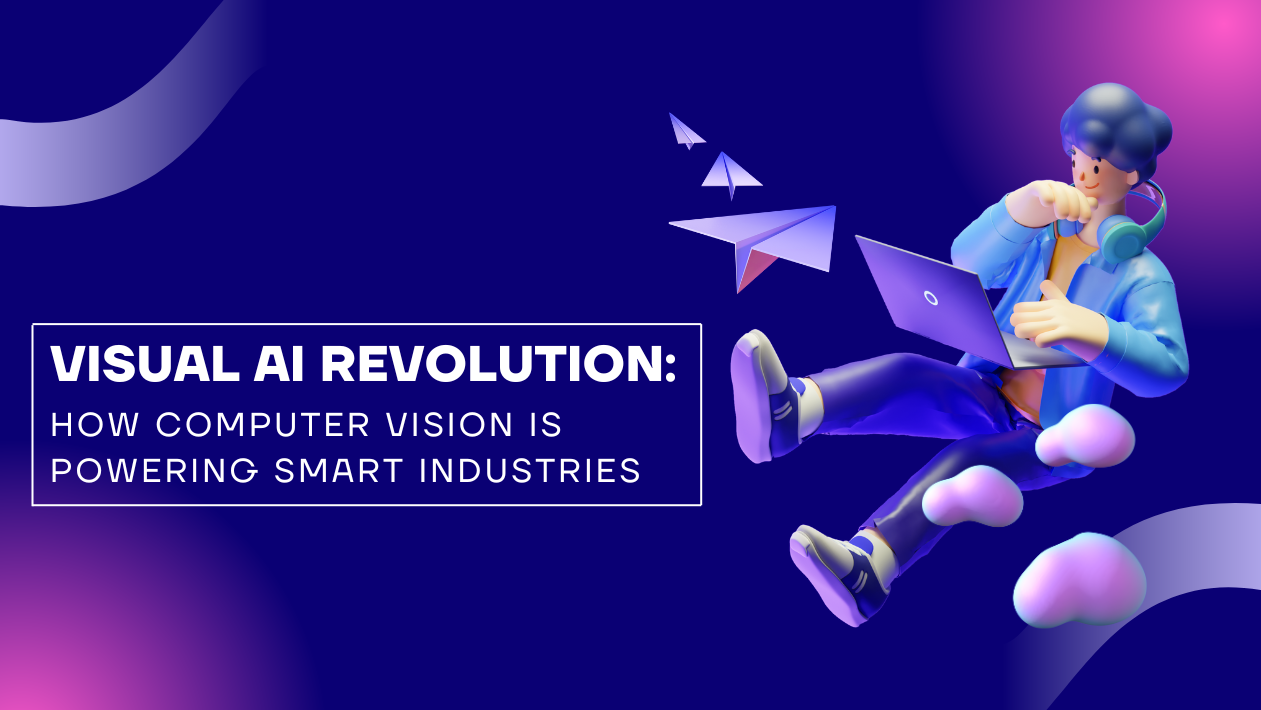As artificial intelligence continues to reshape industries, the conversation around AI ethics has moved from academic theory to urgent global priority. In 2025, governments, tech giants, and researchers are working together to ensure AI systems are fair, transparent, and accountable—with new regulations and frameworks taking shape across the globe.
Global Push for AI Governance Intensifies
Following recent concerns over algorithmic bias, surveillance misuse, and lack of explainability, international bodies like the OECD, UN, and European Commission are pushing for unified ethical standards. The EU AI Act, passed earlier this year, has become a model for regulating high-risk AI applications, mandating risk assessments, transparency disclosures, and human oversight.
Countries including the U.S., India, Canada, and Japan are drafting similar policies to balance innovation with public safety.
Tech Industry Embraces Responsible AI
Leading AI developers such as OpenAI, Google DeepMind, Microsoft, and Anthropic are investing heavily in responsible AI teams. These teams are tasked with building systems that reduce bias, avoid misinformation, and ensure alignment with human values.
Open-source tools like Fairlearn, AI Fairness 360, and Llama Guard are gaining traction as developers seek to build ethically-aligned models from the ground up.
Bias, Fairness, and Transparency in Focus
Bias remains a critical challenge. A 2025 MIT study found that 62% of commercial AI systems still show skewed outcomes based on race, gender, or geography. To address this, companies are using auditing frameworks and bias mitigation techniques during model training and deployment.
Meanwhile, Explainable AI (XAI) is becoming essential. Organizations are adopting tools that explain model decisions in plain language—particularly in high-stakes sectors like finance, healthcare, and criminal justice.
Public Trust and Accountability
With AI touching nearly every aspect of daily life—from virtual assistants to hiring algorithms—public trust is now a deciding factor in adoption. Companies are required to clearly label AI-generated content, disclose AI involvement in decision-making, and allow users to opt out or appeal automated decisions.
Transparency reports and AI usage labels, much like nutrition facts on food, are becoming more common to increase visibility and accountability.
The Road Ahead: Building Ethical AI at Scale
AI ethics in 2025 is no longer a back-office function—it’s a core business imperative. Companies that prioritize fairness, explainability, and social responsibility are not just avoiding regulation—they’re building sustainable AI futures that consumers trust and regulators support.
As AI capabilities grow more powerful, so too must our commitment to ensuring they serve all of humanity—equitably, transparently, and responsibly.





